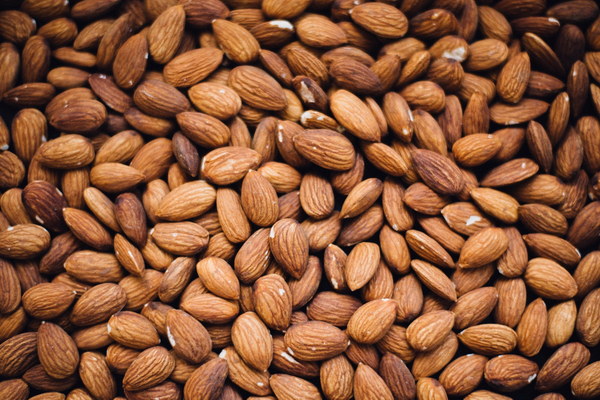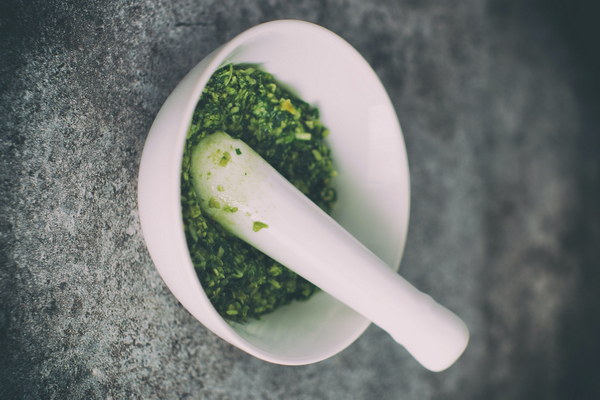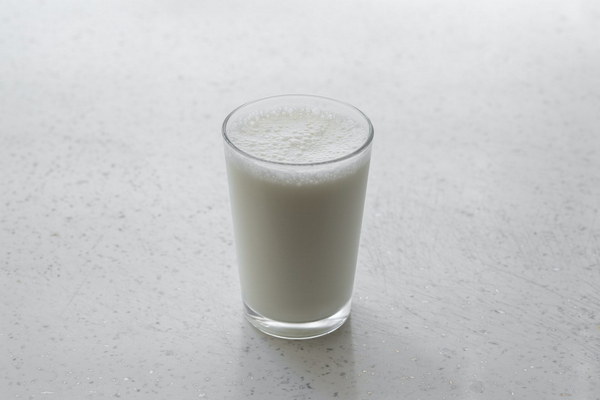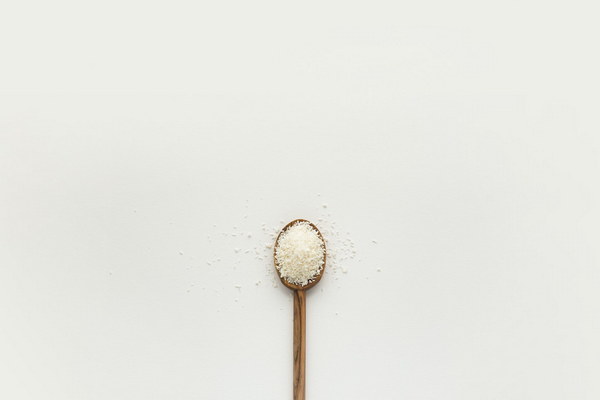Nourishing Your Lungs The Essence of Qing Fei Ruan in Traditional Chinese Medicine
In the realm of Traditional Chinese Medicine (TCM), the concept of Qing Fei Ruan holds significant importance. This term, which translates to clear the lungs and moisturize, is a foundational principle in the treatment of respiratory ailments. It emphasizes the balance between the lung's function to clear away excess heat and moisten the respiratory tract to prevent dryness and irritation. In this article, we will explore the essence of Qing Fei Ruan and its application in promoting lung health.
The lungs, as an essential organ in TCM, are responsible for the intake of Qi (vital energy) and the regulation of body fluids. They are particularly susceptible to external environmental factors, such as dry air, pollution, and extreme temperatures. Qing Fei Ruan aims to maintain the lungs' balance by addressing both external and internal factors that may lead to respiratory issues.
One of the primary goals of Qing Fei Ruan is to clear heat from the lungs. Heat in TCM is often associated with inflammation and excess mucus production, which can lead to conditions such as bronchitis, pneumonia, and asthma. By utilizing cooling and clearing herbs, TCM practitioners can help alleviate these symptoms and restore the lungs' normal function.
Herbs such as honeysuckle, mulberry leaf, and scutellaria baicalensis are commonly used in Qing Fei Ruan formulas to clear heat and moisten the lungs. These herbs have been shown to have anti-inflammatory and antimicrobial properties, which can help reduce the severity of respiratory infections.
Another key aspect of Qing Fei Ruan is to moisturize the respiratory tract. Dryness can lead to irritation, coughing, and difficulty breathing. To combat this, TCM utilizes a variety of herbs and foods that are known for their moisturizing qualities. Some of these include:
- Oily fish: Rich in omega-3 fatty acids, which can help reduce inflammation and support lung function.
- Honey: Known for its soothing properties, honey can help alleviate cough and throat irritation.
- Licorice root: This herb has demulcent properties, which means it can coat and protect the respiratory tract, making it more comfortable for those suffering from dryness.
In addition to herbal remedies, TCM emphasizes the importance of lifestyle modifications in Qing Fei Ruan. These include:

- Avoiding exposure to smoke and pollution.
- Practicing deep breathing exercises to improve lung capacity.
- Consuming warm, moist foods and drinks to keep the respiratory tract hydrated.
- Engaging in regular physical activity to strengthen the immune system and promote overall health.
It is important to note that while Qing Fei Ruan can be effective in treating respiratory ailments, it is best used under the guidance of a qualified TCM practitioner. They can tailor the treatment plan to an individual's specific needs, ensuring that the herbs and lifestyle recommendations are appropriate for their condition.
In conclusion, Qing Fei Ruan is a vital concept in Traditional Chinese Medicine that focuses on clearing heat and moisturizing the lungs to promote respiratory health. By utilizing a combination of herbs, foods, and lifestyle changes, TCM practitioners can help alleviate symptoms and restore balance to the respiratory system. For those looking to improve their lung health and well-being, exploring the principles of Qing Fei Ruan may offer a holistic approach to treatment.









